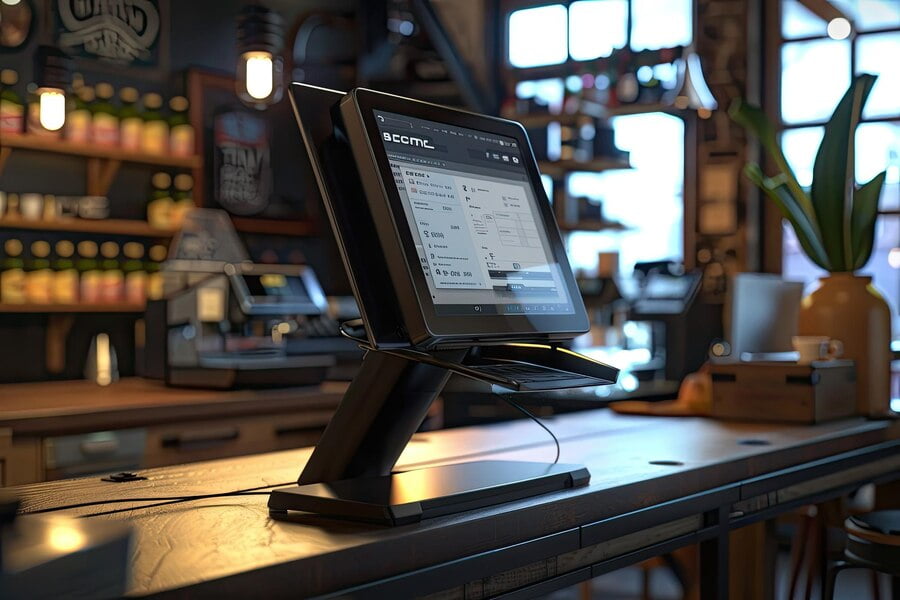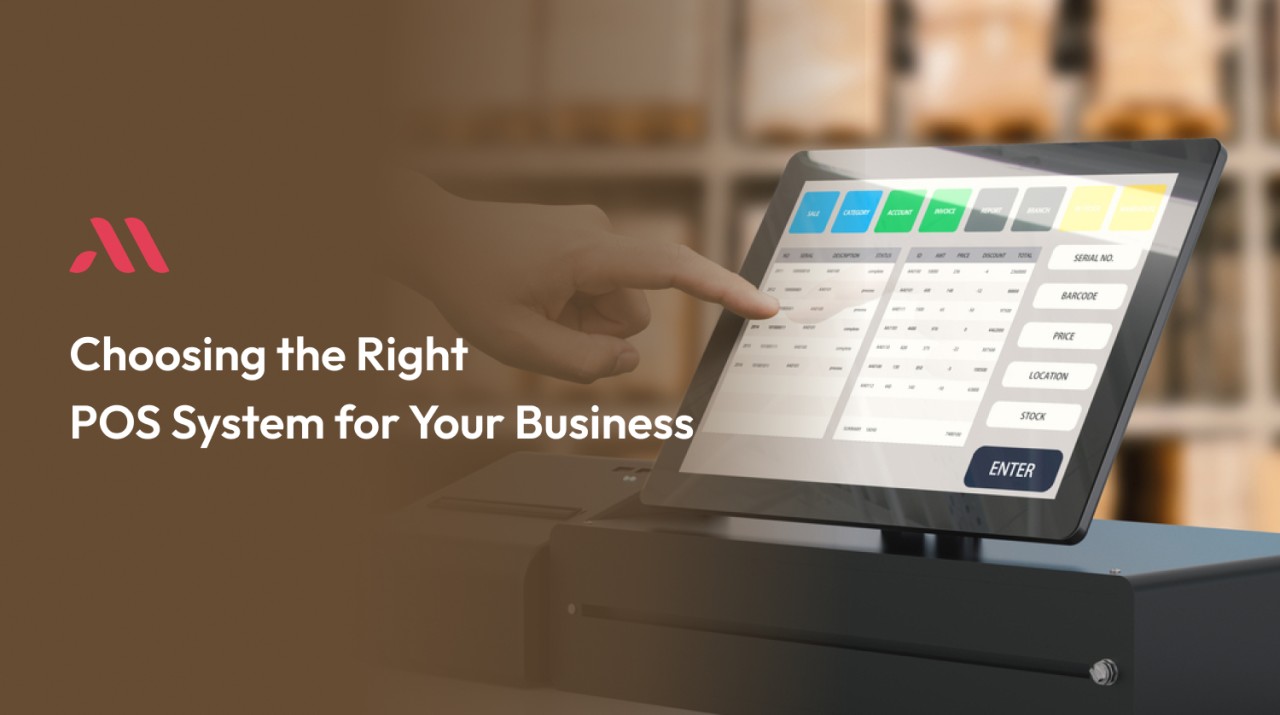The Green Side of POS Systems: How They Promote Sustainability

In an era where sustainability is more than just a buzzword, businesses across various sectors are actively seeking ways to reduce their environmental footprint. Point-of-Sale (POS) systems, traditionally viewed as mere transaction facilitators, are evolving to play a pivotal role in promoting sustainability. Here’s a look at how modern POS systems contribute to greener business practices and help create a more sustainable future.
1. Reducing Paper Waste
One of the most significant environmental benefits of modern POS systems is their ability to drastically reduce paper waste. Traditional cash registers rely heavily on paper receipts, which contribute to deforestation and increased waste. However, contemporary POS systems offer digital receipt options, allowing customers to receive their receipts via email or SMS. This not only cuts down on paper usage but also minimizes the need for ink and the associated energy costs of printing.
Advantages:
- Decreased paper consumption
- Lowered printing costs
- Enhanced customer convenience
2. Optimizing Inventory Management
Effective inventory management is crucial for reducing waste and promoting sustainability. POS systems equipped with advanced inventory management features allow businesses to track stock levels in real-time, reducing the likelihood of overstocking or understocking. By ensuring optimal inventory levels, businesses can minimize waste associated with unsold perishable goods and reduce the environmental impact of excess production.
Advantages:
- Reduced waste from unsold inventory
- Efficient stock management
- Lowered carbon footprint from excess production
3. Enhancing Energy Efficiency
Modern POS systems are designed to be more energy-efficient than their predecessors. Many contemporary POS devices utilize cloud-based technology, which reduces the need for bulky, power-hungry servers on-site. Additionally, these systems often come with energy-saving features such as low-power modes and automatic shutdown during periods of inactivity.
Advantages:
- Lower energy consumption
- Reduced operational costs
- Minimization of carbon emissions
Read also: How to Troubleshoot Common POS System Issues
4. Supporting E-commerce and Remote Operations
The rise of e-commerce has been facilitated by advanced POS systems that integrate seamlessly with online sales platforms. By supporting online transactions, these systems help reduce the need for physical retail space, which in turn decreases energy usage, water consumption, and waste generation associated with maintaining brick-and-mortar stores. Furthermore, the capability to operate remotely means businesses can reduce commuting and transportation-related emissions.
Advantages:
- Decreased need for physical retail space
- Reduced transportation emissions
- Flexibility in remote business operations
5. Enabling Sustainable Consumer Choices
POS systems can empower consumers to make more sustainable choices by providing detailed product information and promoting eco-friendly alternatives. For instance, systems can highlight products with sustainable certifications, inform customers about the environmental impact of their purchases, and suggest greener options. By making sustainability a visible part of the purchasing process, businesses can encourage responsible consumer behavior.
Advantages:
- Informed consumer choices
- Promotion of eco-friendly products
- Increased awareness of sustainability
6. Facilitating Recycling and Reuse
Advanced POS systems can assist businesses in implementing recycling and reuse programs. For example, POS software can be configured to track the return of recyclable materials or reusable packaging, offering incentives for customers who participate. This not only helps in reducing waste but also promotes a circular economy where materials are continually repurposed and reused.
Advantages:
- Support for recycling initiatives
- Promotion of reusable packaging
- Contribution to a circular economy
Conclusion
The green side of POS systems extends far beyond their primary function of processing transactions. By reducing paper waste, optimizing inventory management, enhancing energy efficiency, supporting e-commerce, enabling sustainable consumer choices, and facilitating recycling programs, modern POS systems are integral to promoting sustainability in business operations. As companies increasingly prioritize eco-friendly practices, the role of POS systems in driving these initiatives will only continue to grow, helping businesses contribute to a more sustainable and environmentally-conscious future.
Implementing sustainable POS solutions not only benefits the environment but also aligns businesses with the growing consumer demand for responsible practices, fostering loyalty and enhancing brand reputation. Embracing the green side of POS systems is a step towards a more sustainable and prosperous future for all.
Visit our site at www.dibtech.com.au
Visit our YouTube channel for tutorials Dibtech






